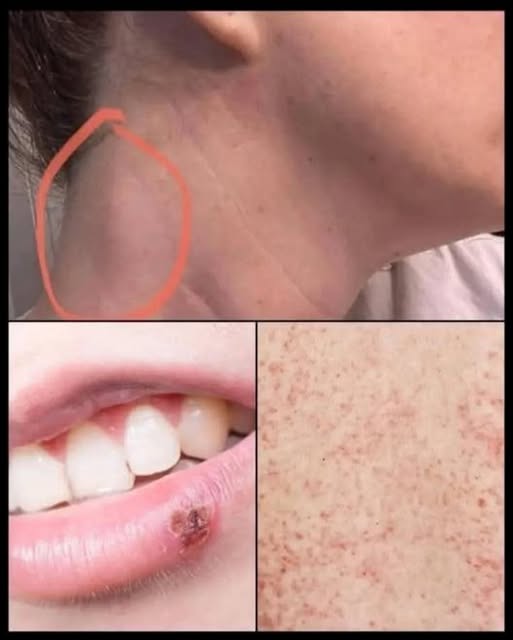Mouth cancer, a serious form of head and neck cancer, continues to be a major public health issue, particularly among men over the age of 40. Despite medical advancements, it still claims tens of thousands of lives every year. In India alone, the numbers are staggering—77,003 new cases and 52,067 deaths have been reported this year, which serves as a sobering reminder of how deadly the disease can be when not detected early.

What makes this even more tragic is that mouth cancer is often treatable in its early stages, but many people don’t recognize the warning signs until the cancer has already advanced and spread to nearby lymph nodes in the neck, making treatment more difficult and reducing survival chances. The term “mouth cancer” doesn’t refer to just one type of illness—it covers cancers that occur in various parts of the mouth, including the lips, tongue, gums, cheeks, and the floor of the mouth. This wide range means symptoms can vary, and unfortunately, many of them are easy to overlook or mistake for less serious issues.
Persistent mouth sores that don’t heal, unexplained swelling, bleeding without a known cause, discomfort or pain in the mouth or tongue, sudden unexplained weight loss, numbness, or the presence of red or white patches inside the mouth are all potential indicators of something more serious. These symptoms don’t necessarily mean a person has cancer, but if they continue without improvement, they should never be ignored. One of the most effective ways to catch mouth cancer early is through routine dental visits. Dentists are trained to notice subtle changes in the mouth that a patient might overlook. This is particularly important for individuals who smoke or drink alcohol frequently, as these behaviors greatly increase the risk of developing mouth cancer.
Cigarette smoking, pipe smoking, chewing tobacco, and even vaping are all associated with higher risk. When heavy alcohol consumption is added into the mix, the risk becomes even more severe. These lifestyle habits are responsible for the vast majority of mouth cancer cases, and avoiding them is one of the most effective forms of prevention. When symptoms are recognized early, treatment can be very successful. Mouth cancer is categorized into four stages, with Stage 1 being the least severe and Stage 4 indicating that the cancer has spread to other tissues or organs. Treatment plans vary depending on the stage and may include surgery to remove the tumor, radiation therapy to destroy cancer cells, chemotherapy, or targeted drug treatments that interfere with cancer cell growth. Unfortunately, in many parts of the world—including India—late-stage diagnosis remains common.
This is often due to a lack of public awareness, fear of stigma, limited access to healthcare, or neglecting oral hygiene and routine medical care. Because of these obstacles, many people don’t seek help until the cancer has progressed too far for simple treatments to be effective. It’s estimated that around 80% of mouth cancer cases are directly linked to tobacco use, and when caught early, the survival rate can reach as high as 82%. Healthcare professionals like Dr. Sajjan Rajpurohit in Delhi are at the forefront of efforts to both treat and raise awareness about this disease. But no matter where someone lives, the most powerful tools against mouth cancer remain the same—education, awareness, and prevention. Taking steps to maintain good oral hygiene, quitting tobacco, limiting alcohol consumption, and paying attention to unusual changes in the mouth can make all the difference. Mouth cancer doesn’t have to be a death sentence; when detected early, it is often survivable. The key lies in recognizing the signs, getting regular checkups, and not dismissing persistent symptoms as something minor. It’s not just about treating disease—it’s about empowering people to take control of their health and potentially save their lives through awareness and proactive care.





